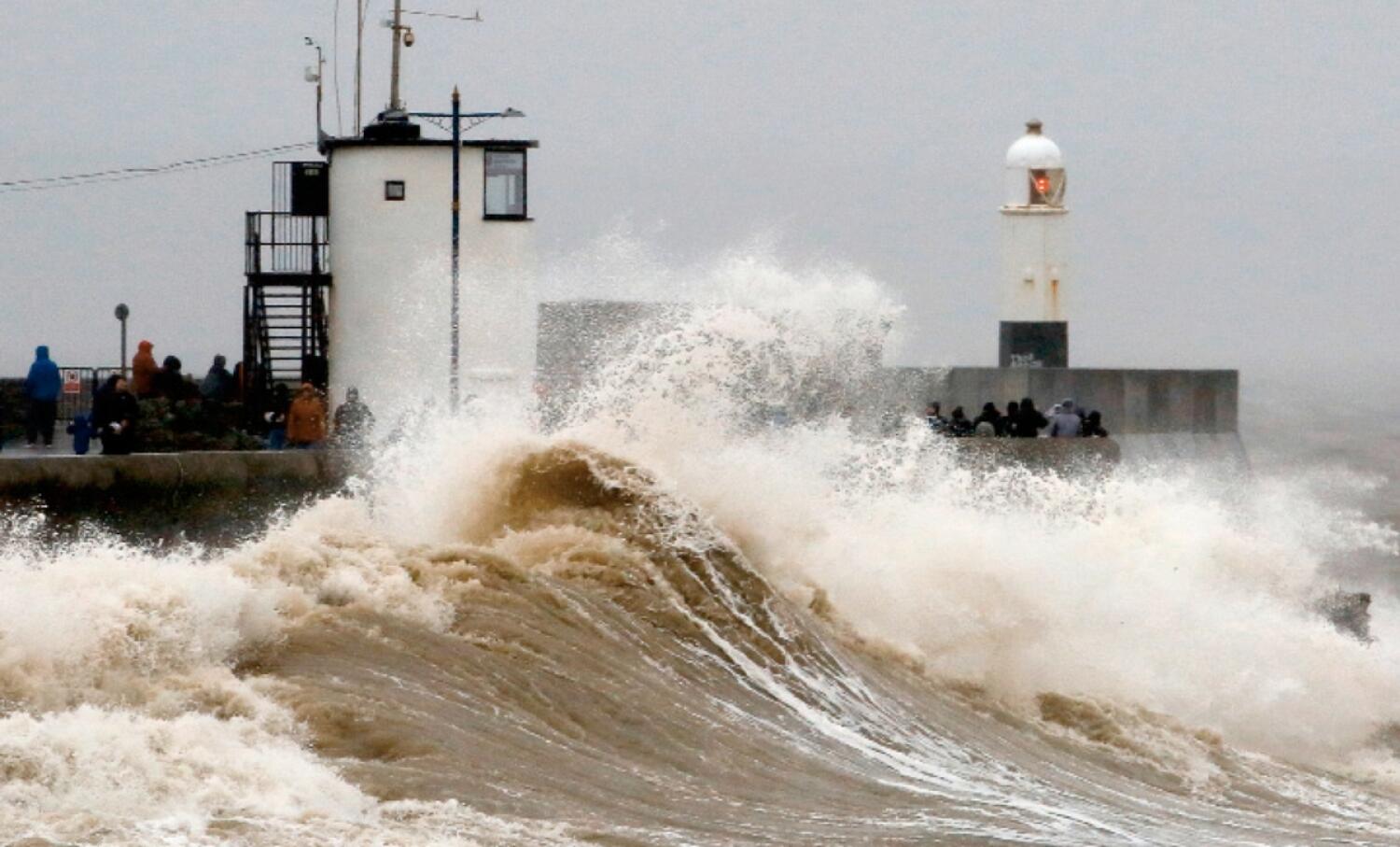On Sunday, Sudan's Council of Ministers declared a state of alert and emergency regarding the floods that affected six of its states — River Nile, Gezira, White Nile, West Kordofan, South Darfur and Kassala.
According to the Sudan News Agency (SUNA), the Council stressed the importance of mobilising popular efforts to attract internal and external humanitarian support from official and popular bodies, in order to provide assistance to those affected by the situation in these states.
Acting Minister of Cabinet Affairs Osman Hussein Osman confirmed the opening of an account in local and foreign currencies to attract support, and to stand beside those affected by torrential rains and floods. Source Khaleej Times






